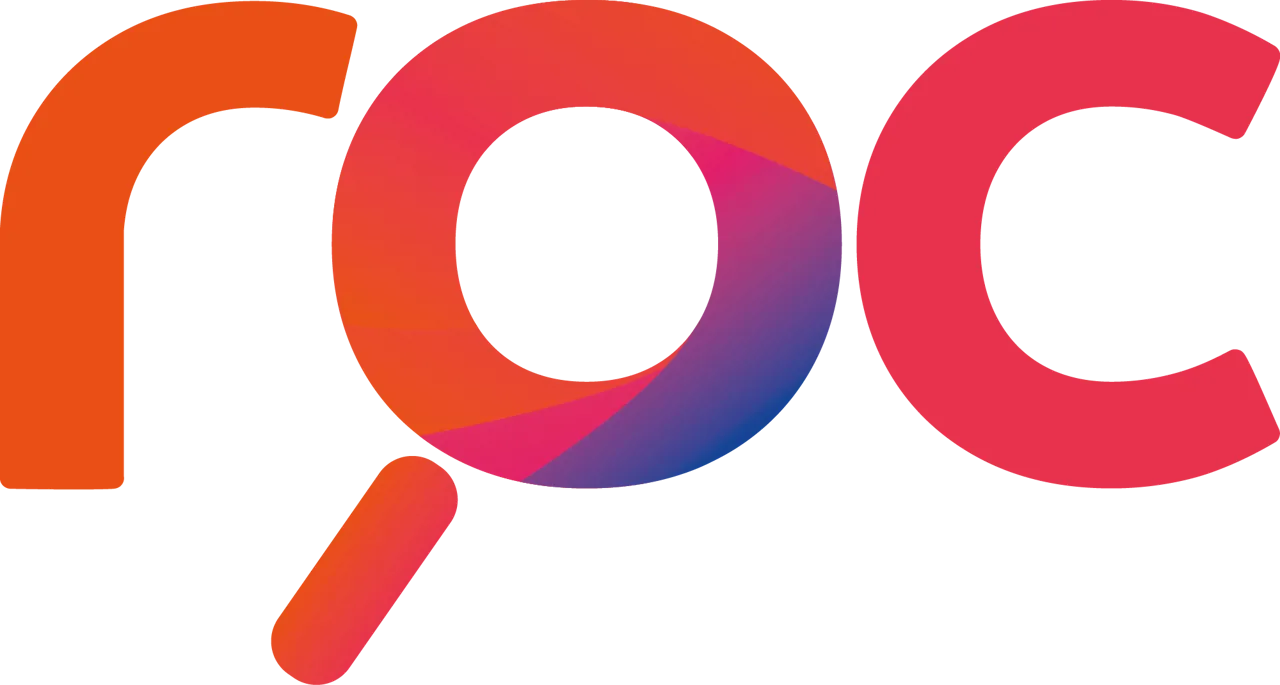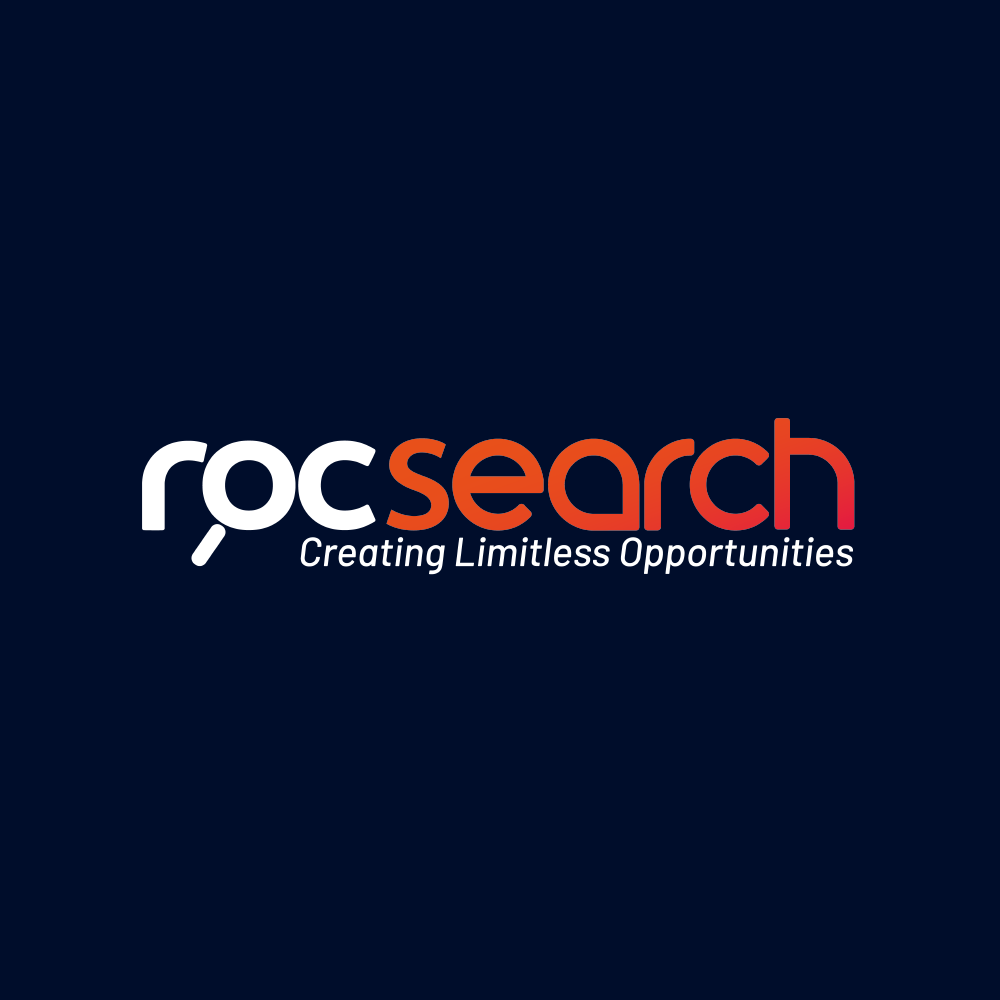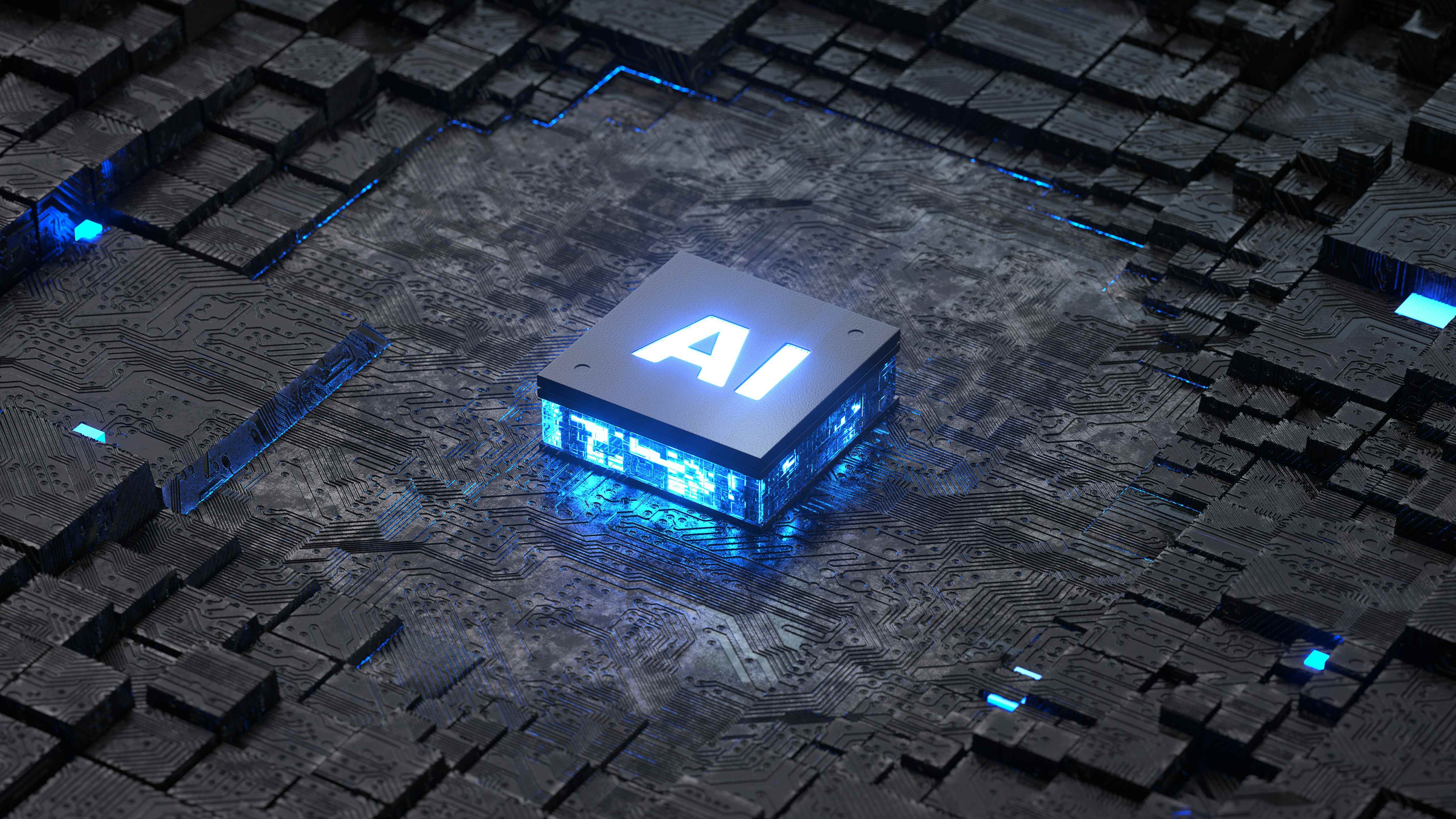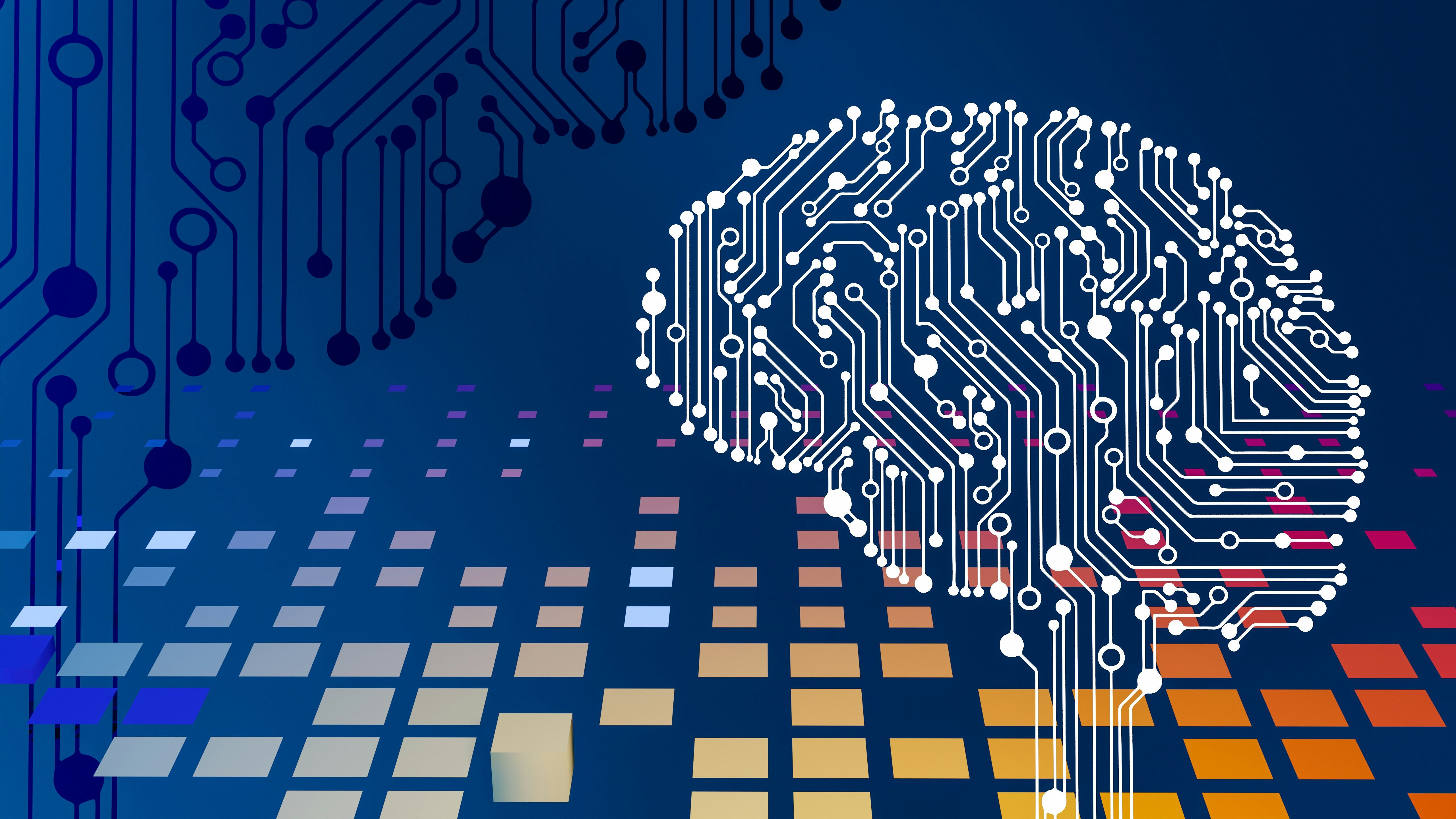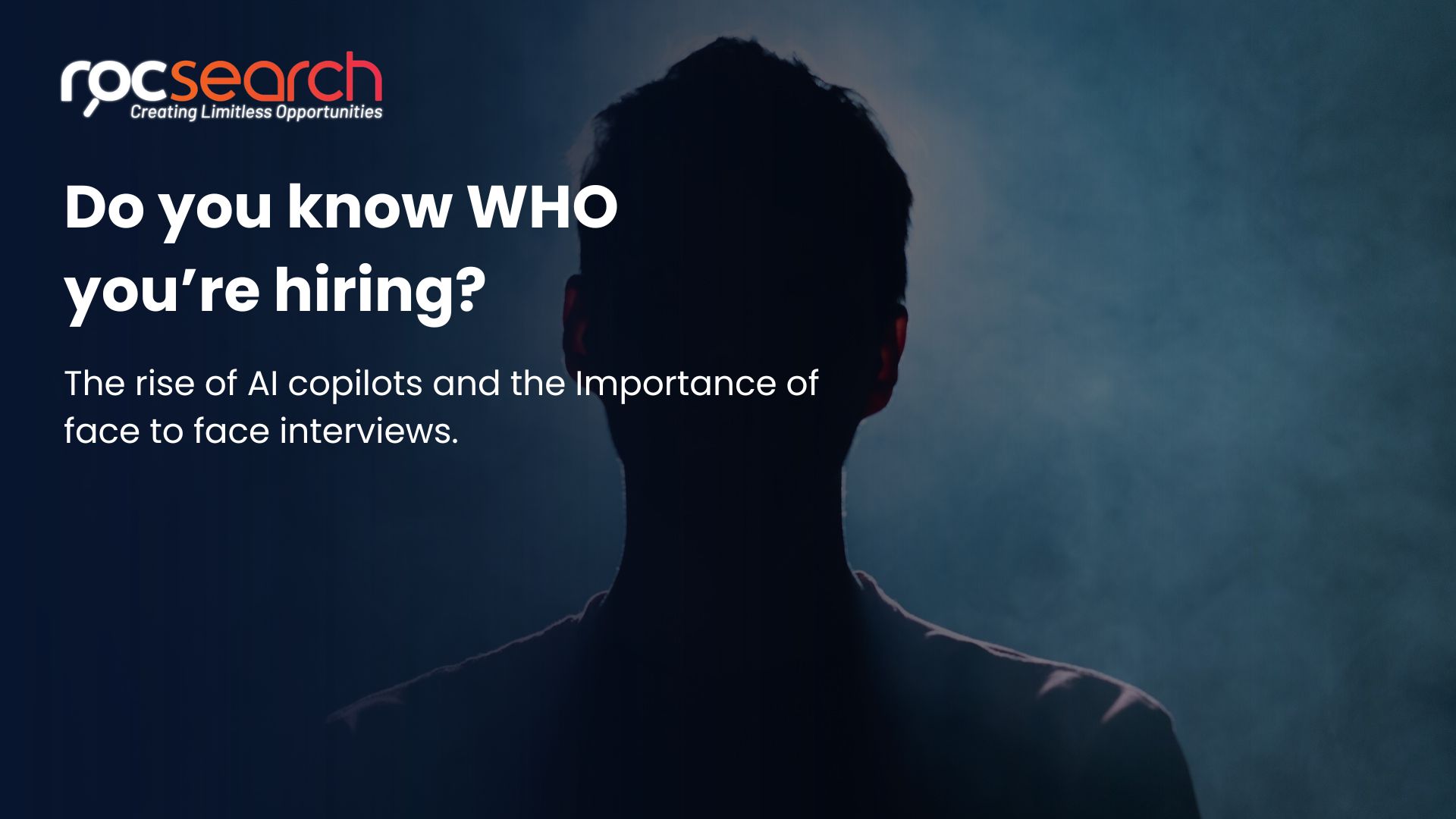Leveraging AI Tools for Software Developer Job Success
15 May, 20249 minutesAs a software developer, the combination of tools, processes, and skills used in everyday ro...
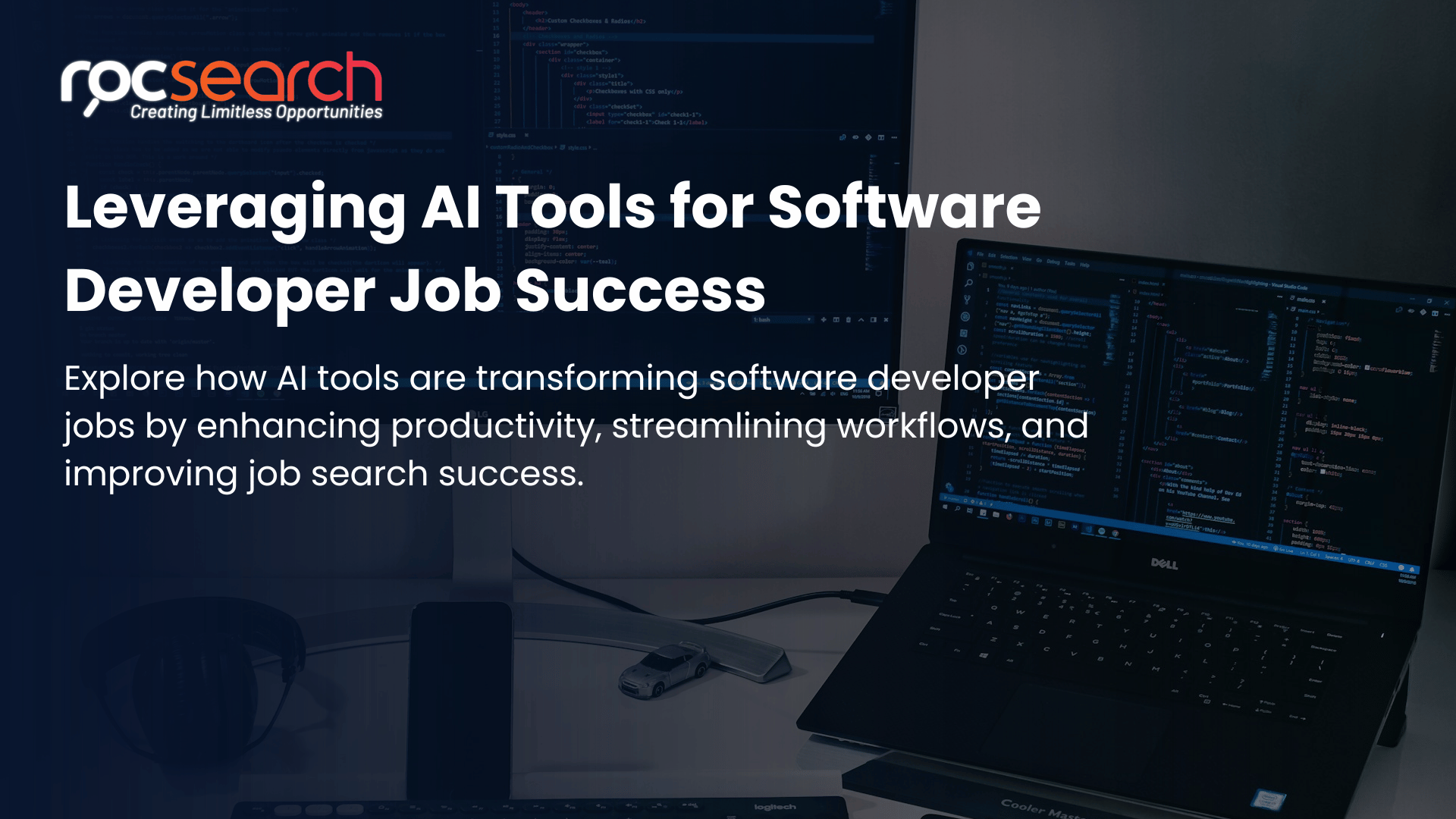
As a software developer, the combination of tools, processes, and skills used in everyday roles is essential for success. Creativity and technical expertise are key drivers of innovation in the industry, but AI-powered tools are now changing work.
The software development lifecycle involves design, programming, building, deployment, and maintenance stages. Each stage requires various skills and tools. AI has rapidly advanced in recent years, benefiting businesses and the tech industry. However, these tools' impact on individual developers is often overlooked.
This guide will discuss how AI-powered tools are transforming software developer jobs. From code assistance tools to automated testing frameworks, AI enhances productivity, streamlines workflows, and provides new ways to develop skills.
Top 3 Ways AI Supporting Software Developers
AI is increasingly shaping the tech industry, with two-thirds of companies already using or planning to implement AI technologies. Its impact on businesses is undeniable: AI automates tasks, speeds up processes, and enables better decisions through big-data analysis. Over 50% of companies plan to incorporate AI technologies in 2024, highlighting its growing importance.
For software developers, AI's potential is particularly significant. Software development's complexity and evolving nature mean that AI can assist in various aspects of their work. 70% of developers report that AI coding tools give them an advantage in completing tasks and improving productivity. Additionally, 61% of developers believe AI-powered code completion tools will become essential in the next 3-5 years.
Various AI-powered tools are available to help software developers in many areas, such as coding, debugging, project management, and skill assessment. These tools are becoming indispensable for staying competitive in the fast-developing tech industry. Let’s look at these tools in more detail:
1. AI-Powered Code Completion Tools
Code completion is integral to software developer jobs. Writing and building code is a critical component of software development, spanning the entire process—from the initial phase featuring pseudocode to the deployment and maintenance phases where constant updates are required. As a software developer, you understand the importance of ensuring code is accurate, tested, unique, and customisable.
Before AI-powered tools became prominent, developers relied on traditional toolkits like text editors, compilers, interpreters, version control systems, and testing frameworks. However, the advent of AI in this field has transformed coding into a more intelligent, faster, and more accurate process.
Here are some prominent AI-powered code completion tools:
- GitHub Copilot: Developed by GitHub and OpenAI, Copilot uses machine learning to provide code suggestions and complete functions based on the context of the current code.
- Tabnine: An AI code assistant that supports multiple programming languages and IDEs, offering real-time code completions and suggestions.
- AIXcoder: An AI-powered programming pair designed to aid development teams in writing code.
- DeepCode: Analyse your code in real-time, identifying errors such as potential null pointer dereferences, security vulnerabilities, or logic flaws.
- Codota: Suggests code completions and identifies areas for refactoring, such as recommending utility functions or optimising loops.
Today, 48% of developers use AI tools like GitHub Copilot and Tabnine for code autocompletion and generation, significantly enhancing their efficiency.
AI-powered code completion tools assist developers by predicting and suggesting the following lines of code. These tools can provide real-time code completions and suggestions, making the coding process smoother and more efficient. Let's explore some of the critical benefits of these tools regarding code completion.
Enhanced Code Suggestions
AI tools offer more accurate and context-aware code suggestions than traditional auto-completion tools. By understanding the context of particular lines of code, AI can suggest entire lines or blocks of code, saving developers significant time.
If you use GitHub Copilot, for example, you'll find that it uses machine learning to provide code suggestions based on the context of your current code. When you write a function to parse JSON data in JavaScript, Copilot can suggest the complete function implementation, including try-catch blocks and parsing logic. This allows you to focus on more complex aspects of your projects without getting bogged down by routine coding tasks.
Error Detection and Correction
AI tools continuously monitor written code, identifying syntax errors, potential bugs, and logical inconsistencies. They can suggest corrections or automatically fix detected errors, helping maintain code quality and saving time.
If you use DeepCode, you'll notice it analyses your code in real-time, identifying errors such as potential null pointer dereferences, security vulnerabilities, or logic flaws. For instance, while coding in Java, you might mistakenly try to access an object property without initialising the object.
DeepCode highlights this mistake and suggests initialising the object before accessing its properties, preventing potential runtime errors and improving the strength of your overall code in your software developer job.
Improved Code Quality
AI identifies opportunities for refactoring, simplifying complex code, removing redundancies, and improving structure. It can also generate inline comments and documentation based on the code’s functionality, enhancing readability and future maintainability.
If you use Codota, you'll appreciate how it suggests code completions and identifies areas for refactoring. For example, while reviewing your Java code, Codota might mean replacing a manual list iteration with a more efficient stream operation. This improves readability and performance, helping you follow best practices and maintain a high standard of code quality.
Personalised Learning and Adaptation
AI tools adapt to developers' unique coding patterns and preferences by learning from their past actions and codebases. This allows AI to provide more relevant and personalised code completions and recommendations.
With Tabnine, for instance, you'll find that it learns from your specific coding habits and style over time, making more accurate and personalised suggestions. If you frequently use a particular design pattern in your code, Tabnine will learn this preference and suggest code snippets that fit this pattern, aligning with your typical coding style. This personalised approach ensures the tool remains valuable and relevant to your workflow.

2. AI for Job Search
AI is revolutionising the job search process for software developers, making it more efficient and tailored to individual needs. This transformation is crucial for all types of developers, whether seeking full-time positions, freelancing, or working as contractors. AI-driven tools offer personalised job recommendations, optimise profiles and resumes, streamline applications, and provide invaluable market insights, helping developers find software developer jobs that match their skills and career goals.
It's no secret that hiring managers and businesses use these tools—98% of Fortune 500 companies use applicant tracking systems (ATS) and other hiring algorithms. However, the benefits for job seekers, particularly software developers, are equally significant but often less discussed. AI-powered tools empower software developers to save time and focus on roles that match their unique skills and preferences, ensuring they find the best opportunities in software development.
AI-driven platforms can significantly enhance your search if you are a software developer looking for the right job. Examples of these AI-powered search platforms and tools include:
- LinkedIn: Uses AI to match job seekers with relevant software developer jobs based on their profile information, job search history, and preferences. This ensures a more tailored and practical job search experience.
- Hired: An AI-powered platform that helps tech professionals find jobs by matching their skills and experience with employer needs. This makes the job search process more efficient and increases the chances of finding a suitable role in software development.
- Jobscan Uses AI to help candidates optimise their resumes by comparing them against job descriptions and suggesting improvements. This tool is handy for software developers looking to highlight their technical skills and experience effectively.
- ChatGPT: Provides job search assistance and personalised career advice based on user input. It can help software developers refine their job search strategies and improve their applications.
Skills Development and Market Insights
AI is vital in helping you develop your skills and stay competitive. By assessing your current abilities, AI can recommend courses or training programs to fill gaps, keeping your knowledge up-to-date with industry standards. Personalised learning pathways help you acquire new skills and remain competitive.
AI tools also provide insights into job market trends, such as the most in-demand skills and emerging technologies, helping you stay ahead and make informed decisions about where to apply.
Streamlined Applications and Networking Opportunities
Artificial intelligence can automate resume screening and suggest improvements to your job applications, making the process more efficient. For freelancers and contractors, AI platforms match specific projects with your unique skills and availability, improving job satisfaction and project outcomes.
AI enhances networking opportunities by recommending events, online communities, and professional groups that align with your interests and career goals. AI-driven referral systems connect you with potential employers through mutual contacts, increasing your job opportunities through trusted recommendations.
Skill-Based Matching and Hiring
Software developers often face the challenge of standing out in a crowded job market and finding roles that match their specialised skills and career goals. AI tools can significantly alleviate these issues by providing personalised support throughout the job search process.
One key issue is the time-consuming task of tailoring resumes and applications for each job. Platforms like Jobscan help optimise resumes by comparing them against specific job descriptions and providing tailored suggestions to highlight the most relevant skills and experiences, increasing your chances of landing an interview.
Another challenge is finding job listings that accurately match your expertise and career aspirations. AI-driven platforms like Hired and LinkedIn analyse your profile, skills, and experience to match you with perfect-fit job opportunities. This saves you time and ensures you are considered for positions that align with your career goals.
3. Enhancing Workflow with AI
If you are a software developer, you know how demanding your role can be. Your tasks can range from managing projects and collaborating with team members to keeping up with industry trends. The complexity and volume of these tasks can be overwhelming, but AI-powered tools are here to help. These tools can make your workflow more efficient, allowing you to focus on the strategic and impactful aspects of your software developer job.
Up to 92% of developers in the US already use AI-powered project management tools for task prioritisation and resource allocation. These tools are essential for managing your workload effectively and ensuring that your efforts are directed towards the most critical tasks.
Below are some key examples of how AI-powered tools enhance software developers' workflow.
Workflow Automation Tools
As a software developer, automating routine tasks can save you significant time, allowing you to concentrate on more critical aspects of your projects. Examples include:
- Zapier: Imagine connecting different apps and automating workflows effortlessly. With Zapier, you can automate tasks like sending emails and updating project management boards. This means more time for strategic thinking and problem-solving.
- IFTTT (If This Then That): If you often find yourself delayed by repetitive tasks, IFTTT can help. Creating simple conditional statements allows you to automate actions across various apps and devices, streamlining your daily routines and boosting your productivity.
Project Management and Planning
Managing projects effectively is crucial for delivering successful outcomes. AI can assist you by automating task assignments, setting deadlines, and tracking progress. Key tools include:
- Effort Estimation: Tools like Forecast and Monday.com can be game-changers. They analyse historical data and assess project complexity, providing accurate timelines and resource allocation estimates. This helps you set realistic expectations and plan effectively, avoiding common pitfalls like underestimating project scope.
- Risk Management: AI tools like RiskWatch and ProjectManager can identify potential risks by analysing past projects and industry trends. This proactive approach allows you to implement mitigation strategies, reducing the likelihood of unforeseen issues and ensuring smoother project execution.
- Task Prioritisation and Scheduling: Tools like Trello and Asana are invaluable. They evaluate project dependencies and team workloads and recommend optimal task prioritisation and scheduling. This ensures tasks are completed efficiently, and resources are used effectively, leading to a more streamlined development process.
Smarter Collaboration
Collaboration is critical in software development, and AI can significantly enhance how you work with your team. Some helpful tools include:
- Meeting Summarization and Action Item Tracking: AI tools like Otter.ai and Fireflies.ai can transcribe and summarise key points and action items from your team meetings. This ensures everyone is on the same page, enhances accountability, and reduces the risk of miscommunication.
- Collaborative Documentation: Clear documentation is vital even if you're not focused on coding. AI tools like Swimm and Document360 help create and maintain collaborative documentation, organising notes, tasks, and project updates. This makes it easy for team members to access and contribute information.
- Task Coordination and Delegation: AI tools like JIRA and Asana analyse project dependencies and team workloads to suggest optimal task delegation and scheduling. This streamlines the development process by ensuring tasks are appropriately prioritised, and team members are not overburdened, leading to more efficient and effective teamwork.
Integrating AI-powered tools into your workflows can enhance your efficiency, improve project outcomes, and support a more collaborative and productive work environment. These tools help manage the day-to-day tasks and provide strategic insights and support, allowing you to focus on what you do best.
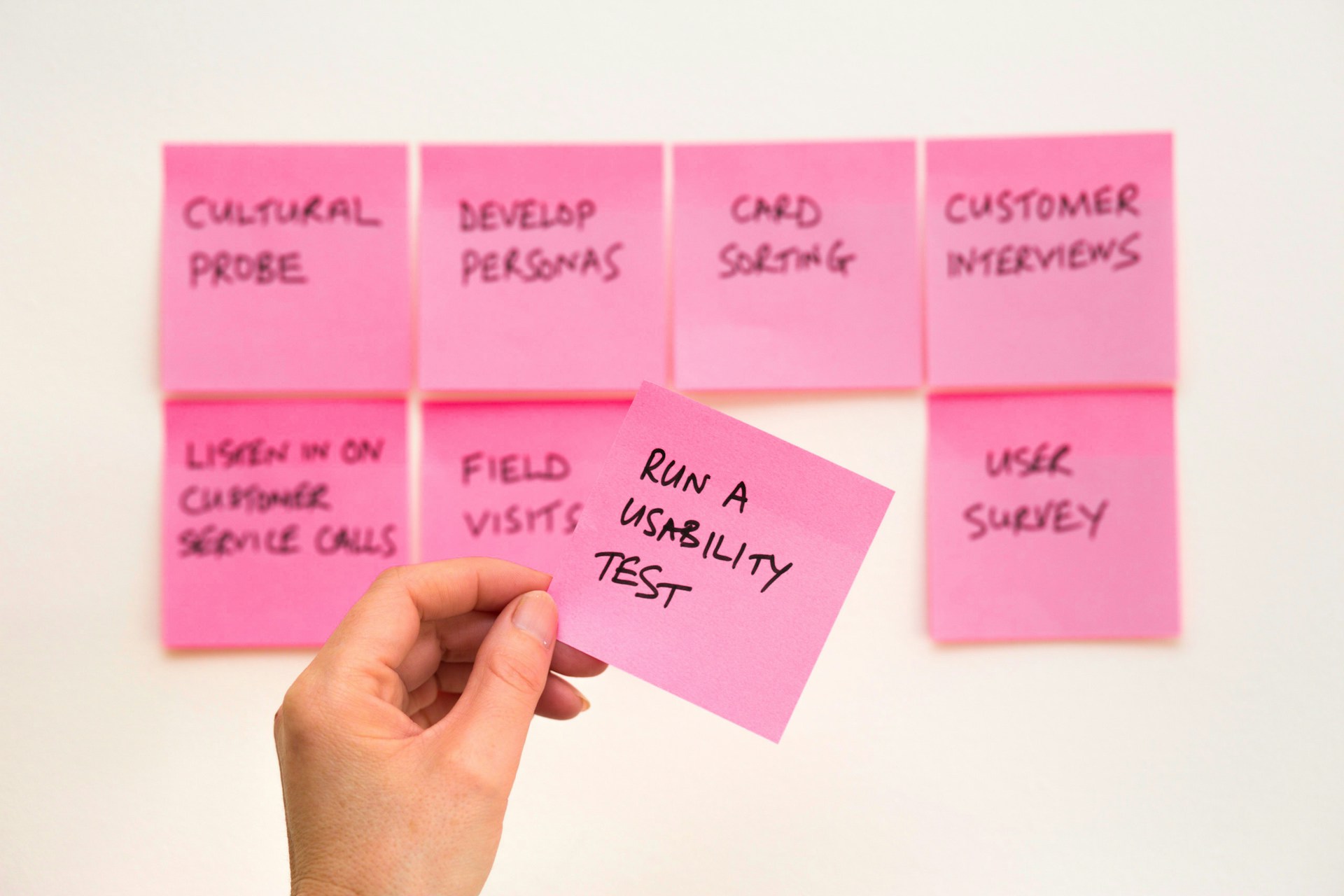
Final Thoughts on AI in Software Developer Jobs
AI-powered tools are revolutionising software developer jobs by streamlining workflows, enhancing productivity, and improving software quality. These tools assist with everything from code completion and error detection to automated testing and project management, making them indispensable for modern developers. Additionally, AI enhances team collaboration and optimises job search processes, offering personalised job recommendations and improving application efficiency.
Integrating AI into their daily tasks allows software developers to advance their careers, increase efficiency, and deliver higher-quality software. Embrace AI-powered tools to stay competitive in the fast-developing tech industry and take your software developer job to the next level.
Ready to Elevate Your Software Developer Career?
At Roc Search, we're dedicated to helping you land your ideal software developer job. Our team of technical recruitment specialists excels in matching your unique skills, values, and career goals with the perfect opportunities. With expertise across tech, engineering, life sciences, and the public sector, we are well-equipped to guide you towards your next career milestone.
Contact us today to discover how we can help you unlock your professional potential and secure your dream software developer role.

